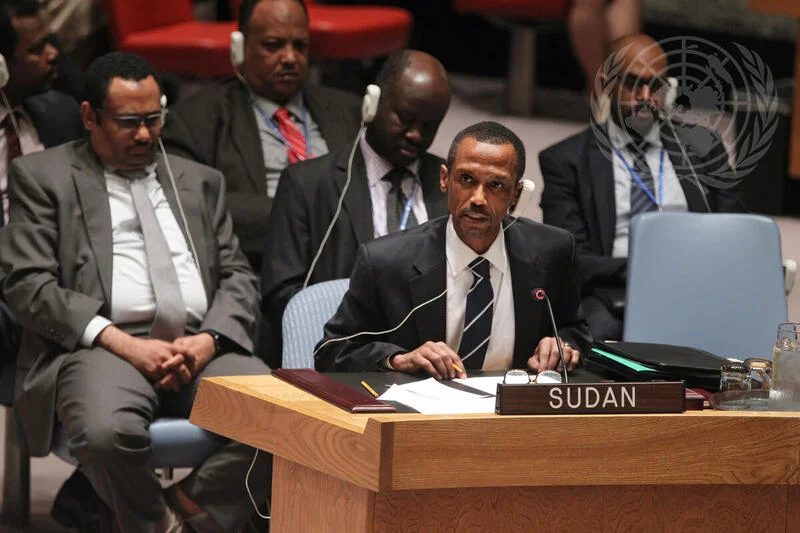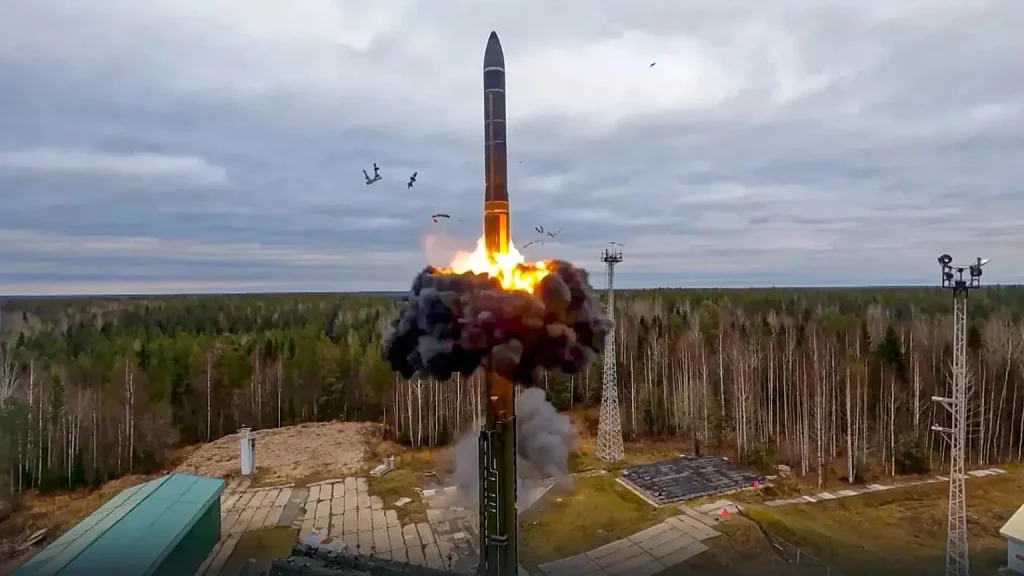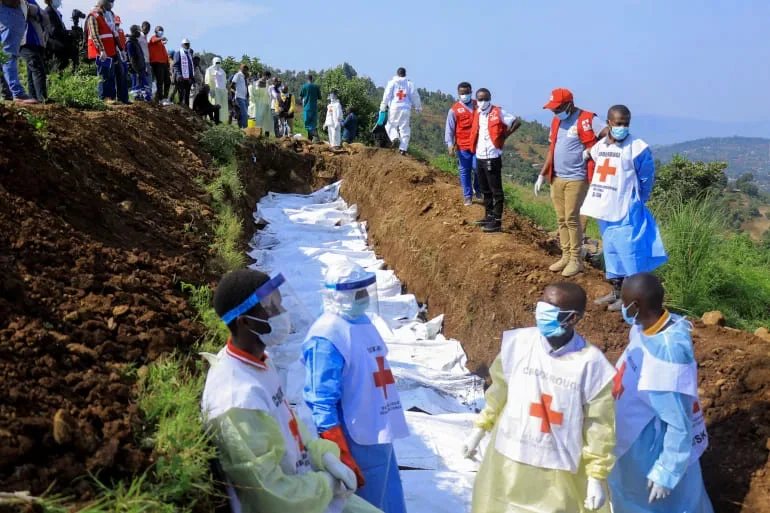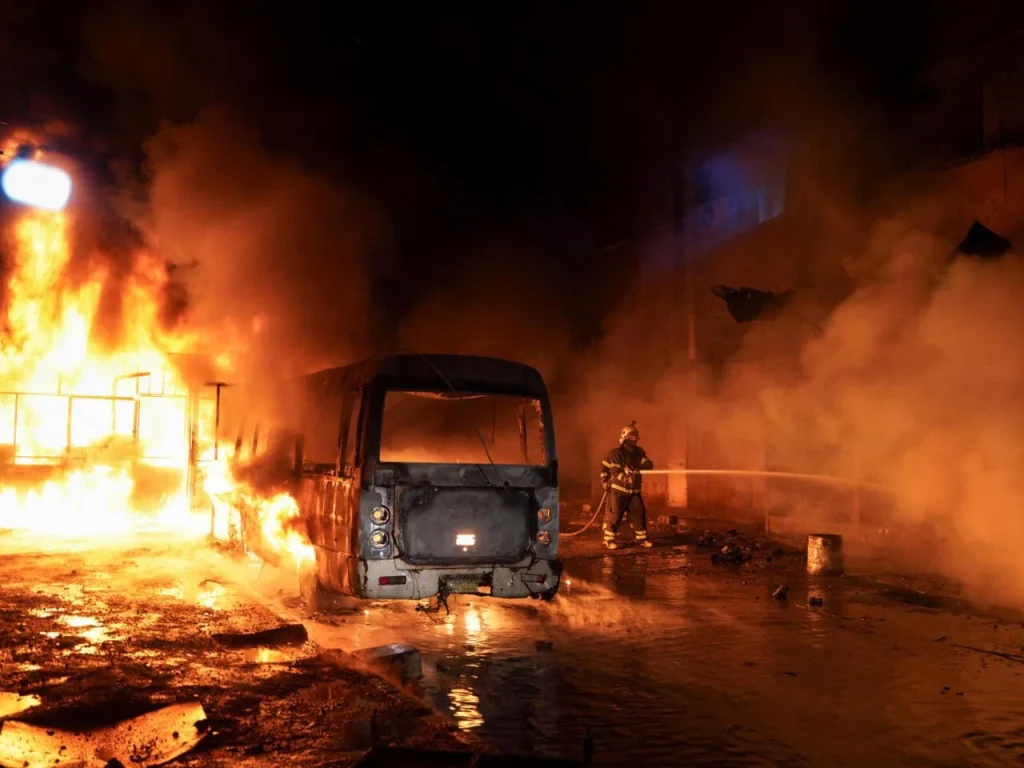The U.N. Human Rights Council convened a special session on Friday. The meeting addresses the severe crisis in Al-Fashir, Sudan. States at the session are reviewing a formal request for a fact-finding mission. This mission concerns reported mass killings that occurred as paramilitary forces captured the Darfur city.
The proposed resolution includes launching the mission. Its goal is to specifically identify those responsible for severe violations. These alleged crimes were committed by the Rapid Support Forces (RSF) and their allied groups in Al-Fashir.
Call for Action and Accountability
In his opening address, the U.N. Human Rights Chief appealed for immediate global action.
“There has been too much pretence and performance, and too little action,” stated U.N. High Commissioner for human rights Volker Türk. He urged world intervention: “It must stand up against these atrocities a display of naked cruelty used to subjugate and control an entire population.”
The RSF has publicly denied blocking aid or deliberately targeting civilians. They claim any such activities are due to independent “rogue actors.”
Witnesses Describe Atrocities
Mona Rishmawi, a member of the U.N.’s Independent International Fact-Finding Mission, provided disturbing testimony. She detailed examples of rape, killing, and torture. Rishmawi stressed that a comprehensive investigation is vital to establish the full scope of the violence.
Rishmawi reported that RSF forces had effectively “turned El-Fasher University into a killing ground.” This was a location where thousands of civilians had been seeking shelter. Witnesses also recounted seeing bodies piling up in the streets. They noted the presence of trenches dug in and around the city.
Women fleeing Al-Fashir have reported horrifying accounts of killings and systematic rape. Other witnesses described civilians being shot in the streets and attacked via drone strikes.
Surging Violence and External Support
Türk also called for decisive action against companies and individuals “fuelling and profiting” from the war in Sudan. He issued a stark warning about rapidly escalating violence in the central Sudanese region of Kordofan.
This region acts as a crucial buffer zone between the RSF’s Darfur strongholds and army-held states. Violence there is severe, marked by bombardments and mass displacement.
The fall of Al-Fashir to the RSF on October 26 solidified the group’s control over the entire Darfur region. This conflict against the Sudanese army has lasted more than two-and-a-half years.
Diplomatic Tensions Over Responsibility
The draft resolution strongly condemns the reported ethnically motivated killings and the use of rape as a weapon of war.
The resolution, however, does not mandate an investigation into external nations supporting the RSF. This omission drew criticism from Sudan’s ambassador. He asserted his country faces an “existential war” due to the failure of the international community to act. He publicly accused an unnamed country of providing military support.
The United Kingdom, the European Union, Norway, and Ghana all expressed support for the resolution. They strongly condemned the violence.
They warned that the conflict poses a serious threat to regional stability. The resolution demands that both the RSF and the Sudanese Armed Forces allow life-saving aid to reach the many people still trapped inside the famine-struck city.
Double World Record: Tacha Makes History with Cosmetic Makeovers























